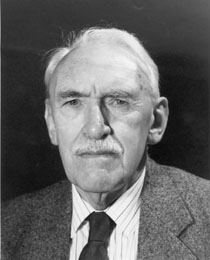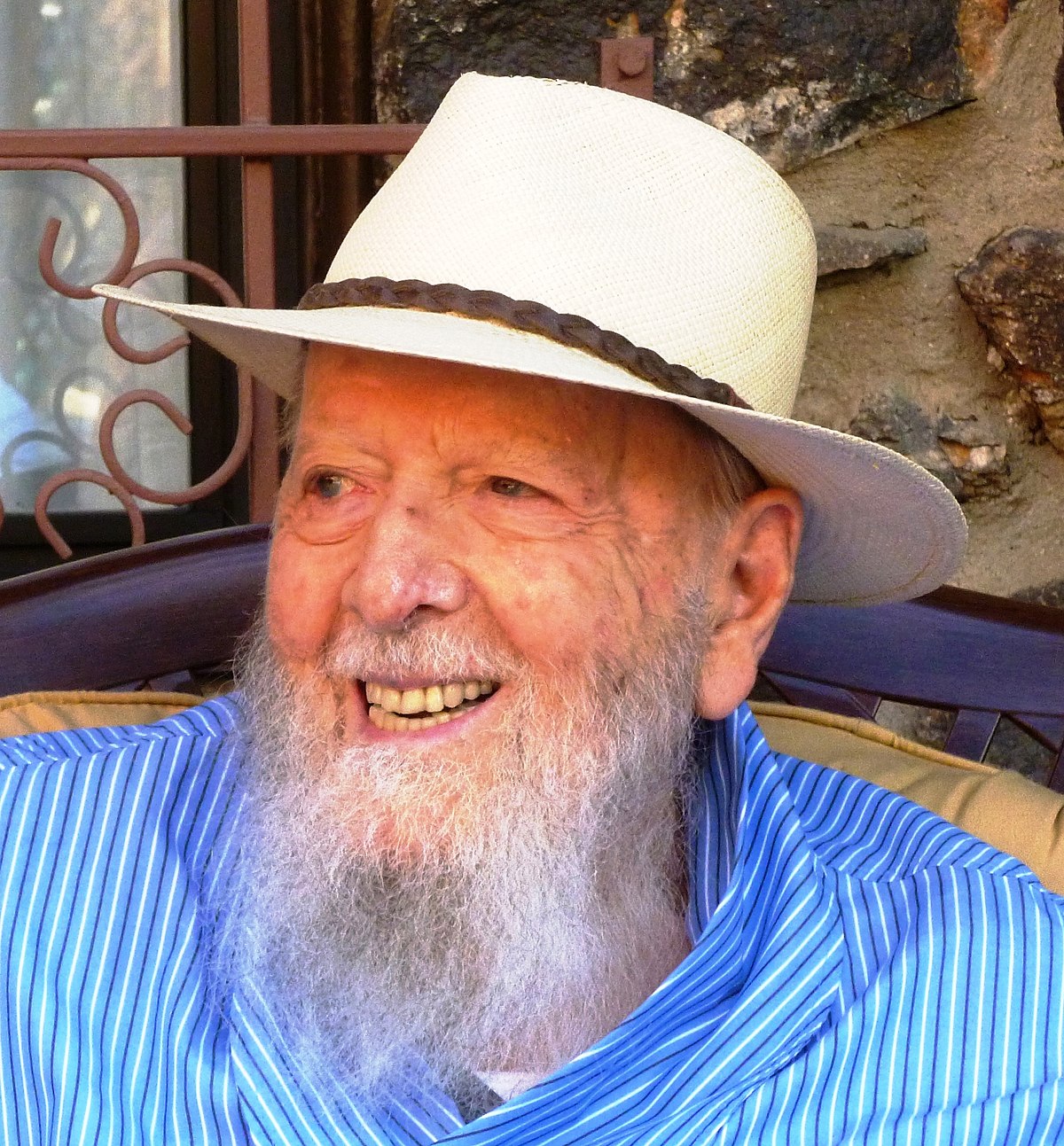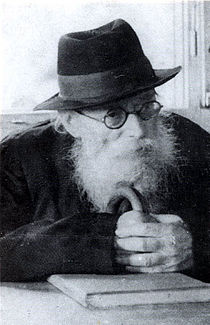In an article in Commentary magazine, Professor Ruth Wisse wrote a very thoughtful article about anti-Semitism in our time. She discussed the anti-Semitism of the outside world, especially that of the Arab world, which persists in blaming the West and especially Israel for all of its own ills and societal dysfunctions. But she also touched upon the increasing anti-Semitism and anti-Israel mood of many assimilated and “intellectual” Jews, both in Israel itself and in the Diaspora. She ascribed much of this current Jewish frustration with the only Jewish state that the Jews have had in two millennia to the unfulfilled promises of Zionism and of the “peace process” that has gone nowhere. In their frustration with these unfulfilled promises these Jews have turned against Israel and essentially against themselves by coming to the very erroneous conclusion that somehow the Jews and the Jewish state are the guilty ones in creating this climate of hatred and condemnation of Jews and of Israel. Thus they justify the anti-Semitism and anti-Israel behavior of our enemies while at the same time encouraging the de-legitimization and eventual dismantling of the entire Jewish state. And the root causes for this suicidal behavior and warped thinking are the unfulfilled promises made by the Zionist movement at its very inception and the equally unfulfilled promises made by Israeli leaders at the outset of the Israel-Palestinian “peace process.”
In the nineteenth century, long before the rise of the Zionist movement, there was an almost spontaneous movement of Jews to the Land of Israel, then under the rule of the Ottoman Turks. Jews from Bukhara, Yemen, Lithuania, Slovakia, Hungary and Poland immigrated to their ancient homeland in small but steady numbers. They harbored no illusions about creating a Jewish state let alone a “new Jew.” Almost all of them were deeply religious, idealistic and ritually observant Jews. They moved to the Land of Israel for spiritual fulfillment. They certainly hoped that the vicious anti-Semitism that they experienced in their home countries would be less in the Land of Israel under seemingly more benign Turkish rule but they had no illusions that they were entering into a rose garden paradise where the illogical and unjustified hatred of the Jew would be entirely absent. They came to the Land of Israel for their own personal and spiritual fulfillment and not for the purpose of solving or ameliorating any “Jewish problem.” Thus the latent anti-Semitism of the small Arab population then in Palestine was accepted as being natural – a continuation of the situation that they had faced for long centuries in their home countries. Since the Jewish world was powerless there was not much that they felt that could be done to combat this anti-Jewish attitude and behavior. This passivity and acceptance of the reality of anti-Semitism marked the yishuv hayashan – the original pre-Zionist Jewish settlers in the Land of Israel in the nineteenth century.
When Theodore Herzl founded the Zionist movement officially in 1897 he made a promise that was the basic philosophic underpinning of secular Zionism for a century. That promise was that the creation of a Jewish national home (anywhere in the world, by the way) would solve the problem of anti-Semitism. Herzl believed that the hatred of Jews emanated from their unnatural and abnormal situation of being a people without a homeland and a state of their own. Once Jews achieved an independent home and state of their own anti-Semitism would disappear, for Jews would no longer be viewed as being different and abnormal. This in essence was the promise of Zionism. It lay in the statements of the Zionist leaders immediately after World War II that if a Jewish state would have then existed in the 1930’s then the Holocaust could never have occurred. The fact that the UN recognized the right of a Jewish state to exist in 1947 seemed to confirm the connection between the existence of such a state and the amelioration of anti-Semitism generally. But this promise of the Zionist movement and its basic ideological underpinning never has been realized or fulfilled. In fact the existence of the Jewish state of Israel has only exacerbated the problem of anti-Semitism in the world. Morphed into anti-Israel behavior, anti-Semitism has become intellectually, socially, diplomatically and publicly institutionalized as being legitimate, protected by the liberal values of freedom of speech and expression. Herzl would be saddened and amazed to see that his goal and promise has been turned on its head.
Since the basic promise of Zionism has not been fulfilled and does not appear to be able to be fulfilled in our lifetime, the post-Zionist syndrome arose both in Israel itself and in the Diaspora. Post-Zionism in essence states that Zionism itself is no longer relevant and that the Jewish state is not part of the answer to the continuing “Jewish problem.” The answer must therefore lie in promulgating liberal and tolerant values throughout the world and in assimilating the Jewish people into general world society, abandoning Jewish particularism and no longer confusing the survival of the Jewish people with the security and survival of the Jewish state. Simply put, the failure of the Jewish state and of Zionism to eliminate anti-Semitism in the world as it originally promised it would, undermines its basic right to exist. Thus many now say that the creation of the State of Israel in 1947-8 was a “mistake.” The failure of the fulfillment of Zionism’s basic promise destroys even its basic right to exist. These partisans cannot justify the existence of a state that in its view somehow has not fulfilled its mission and kept its promise. This is the psychological elephant in the room that haunts the secular liberal, assimilated Jew. It is what turns him willingly or unwillingly, into an enemy of his people and himself. The religious Jew sees living in the Land of Israel itself as a supreme value. The State of Israel has to solve no external issues for him. It only has to provide a relatively safe and Jewish environment in which to live. And this it has done and continues to do quite successfully.
Shimon Peres promised that the Oslo Agreements would create “a rose garden” in the Middle East. Yitzchak Rabin promised that territorial concessions to the Palestinians would result in peace for all concerned. Ehud Barak promised that unilateral Israeli withdrawal from southern Lebanon would create a peaceful northern border for the Galilee. Ariel Sharon promised that dismantling the settlements of Gush Katif would enable Gaza to become a peaceful neighbor to southern Israel. Ehud Olmert promised that relinquishing East Jerusalem and the Temple Mount would settle the Israeli-Palestinian struggle once and for all. None of these promises have been even remotely fulfilled. Instead because they were not possible of being fulfilled and since they were promised to the Arabs and to the world by successive Israeli political leaders it must be that they were not fulfilled because Israel somehow does not wish to fulfill them. So Israel continues to basically negotiate with itself without a viable partner present or even necessary in this “peace process” charade. It must therefore be its fault that its promises of peace have not become reality, so more concessions must be offered and more of Israel’s security jeopardized. Since Israel was the party that promised peace and the “rose garden” – you will notice that the Arabs made no such commitments or held out no such hopes publicly – and the promises have not been fulfilled, so ipso facto it must be Israel that has failed to make the necessary progress on the peace front.
Many times in life, and certainly almost always in political and diplomatic life, promises no matter how well intentioned remain unfulfilled. The problem lies when those promises appeared to be so alluring and necessary and achievable that their remaining unfulfilled crushes morale and saps willpower and strength and negates belief in the rectitude of one’s own cause. However, merely recognizing why those promises remain unfulfilled and who is responsible for their remaining unfulfilled will in itself strengthen the possibility of eventual fulfillment of those promises. The Jews are not the responsible party for anti-Semitism. It is a disease, pernicious and contagious, which has affected civilization for millennia. No amount of Jewish “normalcy” can cure it. Only a determined effort by the civilized world can fight this scourge and shove it back down the black hole from whence it first emerged. And no amount of concessions or creative peace plans will settle the Arab-Israeli struggle without a complete recasting of the mindset of the Moslem world towards the West, other religions and the State of Israel and the Jewish people. And these are the blunt facts but I feel that they are the only accurate promises for the foreseeable future of our times.










